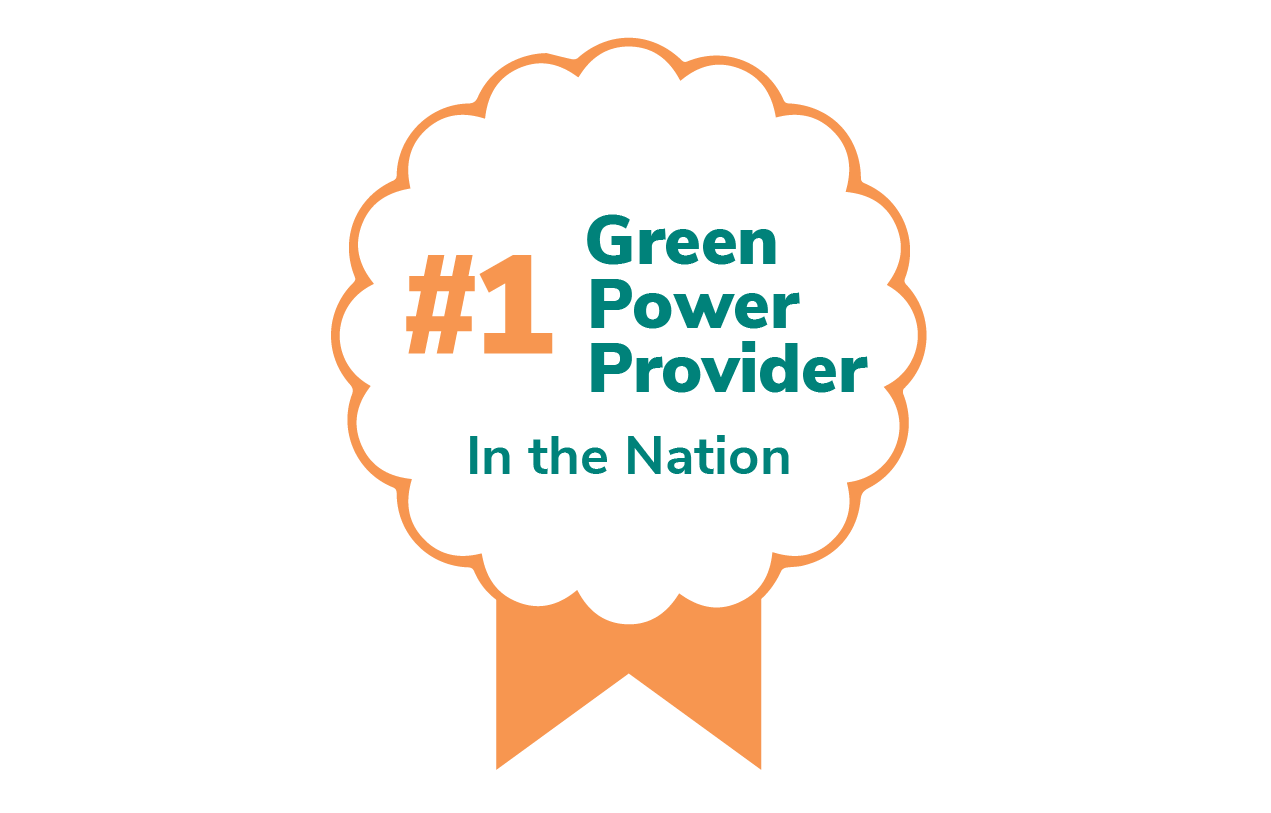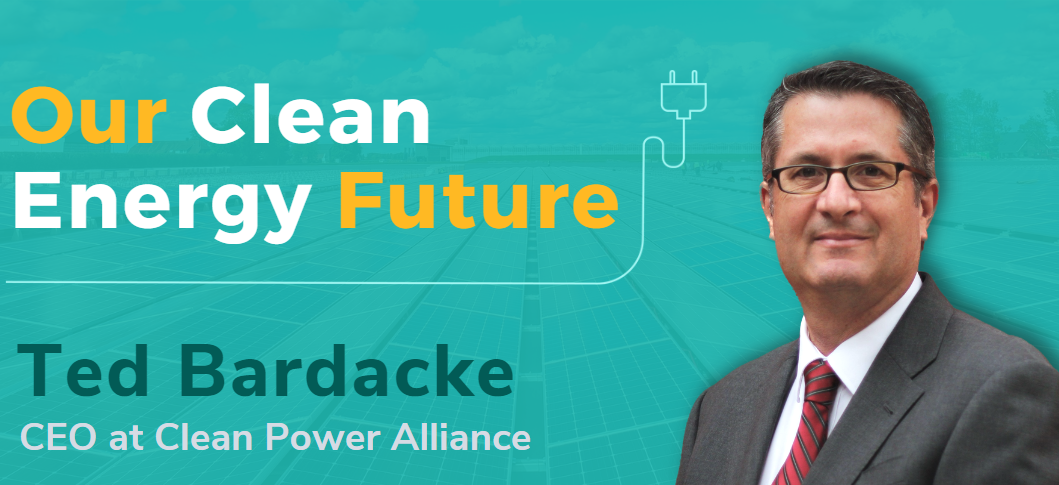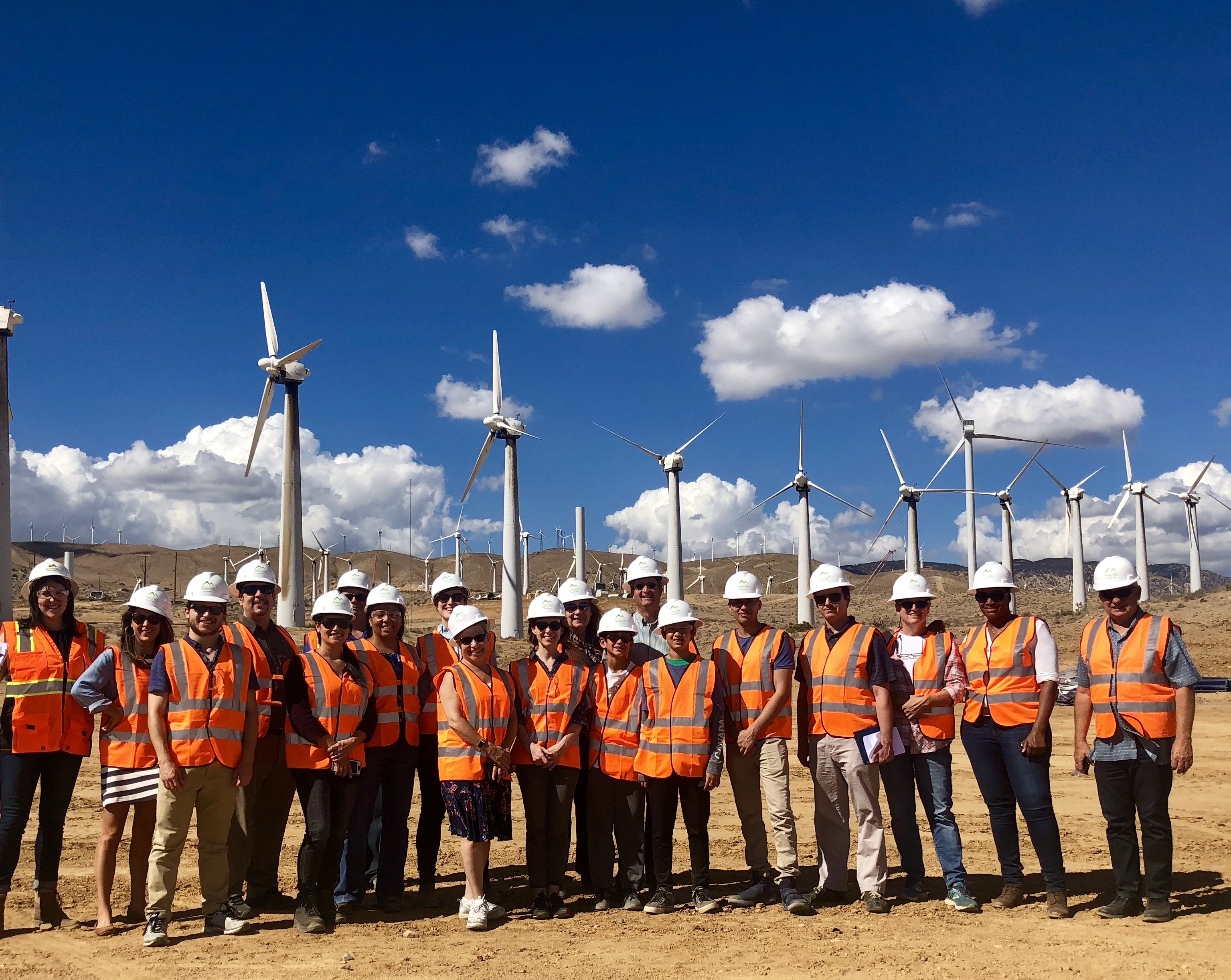Right around this time every year, the questions start coming. How will the grid fare this summer? Are we at risk of system-wide outages? What can people do to prepare? The questions have taken on more urgency since California experienced severe grid stress in the summers of 2020 and 2022.
The technician in me is pretty optimistic.
The California Independent System Operator (CAISO) reports that the state’s electricity grid is expected to have a surplus of resources for all summer months. This rosy outlook is largely due to three factors.
First, we’ve had good weather (from an energy standpoint). The state’s rainy winter and spring has given us access to an above-average amount of hydro power.
Second, and perhaps most importantly, the state is projected to have added 9,071 MW of new resources to the grid from September 2023 to June 2024; CPA alone added 771 MW of new energy and storage capacity to the grid during the same time period and continues to be compliant with all its regulatory obligations for reliability.
Third, in an emergency, the California Department of Water Resources can now call upon over 2,800 MW of additional capacity in the newly created Strategic Reliability Reserve Program. These resources, generally aging natural gas plants that had been slated to be retired permanently, sit idle if and when the grid is operating normally.
So, despite the positive data, why am I less certain and see reasons for some pessimism. Fundamentally because there are so many things that are out of our control and have to do with the increasingly unpredictable climate and how people react when under stress.
Here are the major risks:
- Heat domes. I hereby nominate “heat dome” for the 2024 word of the year, having forced its way into our lexicon, and supplanting heat wave as the go to expression for dangerous heat. Unlike a heat wave, which rolls over and across a particular local area in a few days, heat domes plant themselves over an entire region for a week or more. Plausibly linked to our changing climate, heat domes have a disproportionate impact on the grid, because their length and geographic breadth puts additional strain on infrastructure and makes resources from nearby states less accessible. Heat domes have already planted themselves over the Pacific Northwest and the Southeast this month.
- Wildfires. Summer is the core of our ever-lengthening wildfire season. And while fire is not a reliability risk itself, it can create risks, either locally via Public Safety Power Shutoffs (PSPS), or if they strike in areas crossed by major transmission lines, as the failure of a single major transmission line can quickly diminish
- Apathy. The grid serves people. And our behavior is the ultimate backstop. If people are indifferent to participating in energy conservation, we can be at risk. Thankfully, thus far, we’ve seen the opposite. On September 6, 2022, during the course of an unprecedented extended heat wave, a late afternoon emergency cell phone alert from Governor Gavin Newsom called on people to conserve energy. People responded, which caused electricity demand throughout the state to drop over 5 percent over a 45- minute period, enough to save the grid from rolling blackouts. The question is, would we collectively respond again in the same way? Will my teenage son do like he did last time and run around our house switching everything off? I would hope so. But we also need to grow greater participation in energy savings programs like CPA’s Power Response, which automate demand reduction when immediate action is needed.
So, left-brained people, rest easy. And right-brained people take the uncertainty out of things by signing up for Power Response. And everyone, stay cool and please be careful with matches.




